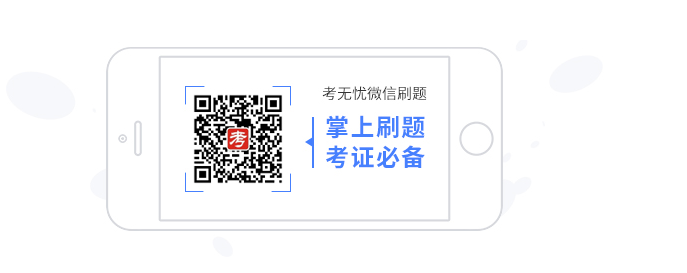CATTI二级笔译:汉语成语英译
1.套译
联想起英文中的对等成语,然后套用英语成语。如:
1)竭泽而渔to drain a pond to catch all the fish
(相当于kill the goose that lays the golden eggs)
2)打草惊蛇to stir up the grass and alert the snake
(相当于wake a sleeping dog)
3)挥金如土to spend money like dirt
(相当于spend money like water)
4)掌上明珠a pearl in the palm
(相当于the apple of one's eye)
2.直译
不少汉语成语不一定有非常对等的英语成语,但它们的字面翻译也能使译文读者得到正确无误的形象意义。如:
1)声东击西to shout in the east and strike in the west
2)刻骨铭心: to be engraved on ones heart and bones
3)井底之蛙to be like a frog at the bottom of a well
3.意译
然而,汉语成语并非每条都能按字面翻译。有些成语的比喻形象是译文读者所不能接受的。如果把“眉飞色舞”死译成“his eyebrows areflying and his countenance is dancing",这势必会贻笑大方,使译文读者不知所云,莫明其妙。我们可根据该成语的实际意义灵活地翻译成"tobeam with joy"。如:
1)粗枝大叶to be crude and careless
(死译:with big branches and large leaves)
2)无孔不入to take advantage of every weakness
(死译:to get into every hole)
3) 扬眉吐气to feel proud and elated
(死译:to raise the eyebrows and let out a breath)
4)灯红酒绿dissipated and luxurious
(死译:with red lights and green wine)
5)纸醉金迷〔a life of )luxury and dissipation
(死译:with drunken paper and bewitched gold)
4.有一部分汉语成语带着一定的中国文化背景,有的成语在字面上含有中国古代的人名、地名,有的出自寓言或历史的典故。对这部分成语,字面翻译是无法为外国读者所接受的,如加上许多解择性文字,就失去了成语梢粹的特点。我们最好的办法就是绕开其文化背景,译出其真正的内涵意义。
1)毛遂自荐to volunteer one's service(毛遂—战国时期人名)
2)叶公好龙professed love of what one really fears(叶公-中国古代传说中的人名)
3)东施效颦crude imitation with ludicrous effect(东施—中国古代一丑女的名字)
4)南柯一梦a fond dream or illusory joy (南柯—中国古代传说梦中地名)
5)四面楚歌to be besieged on all sides(楚—战国时期国名)
小编推荐:
更多全国翻译资格水平考试信息在这里>>>CATTI考试资讯
想考试拿高分? 考无忧助你考试无忧>>>CATTI二级笔译在线题库




